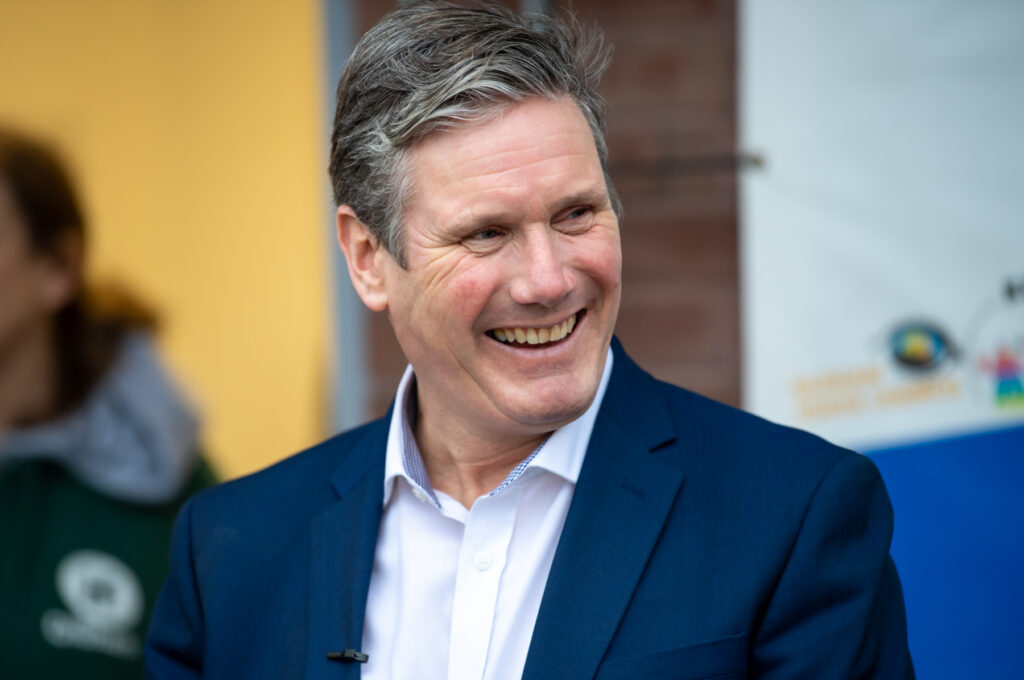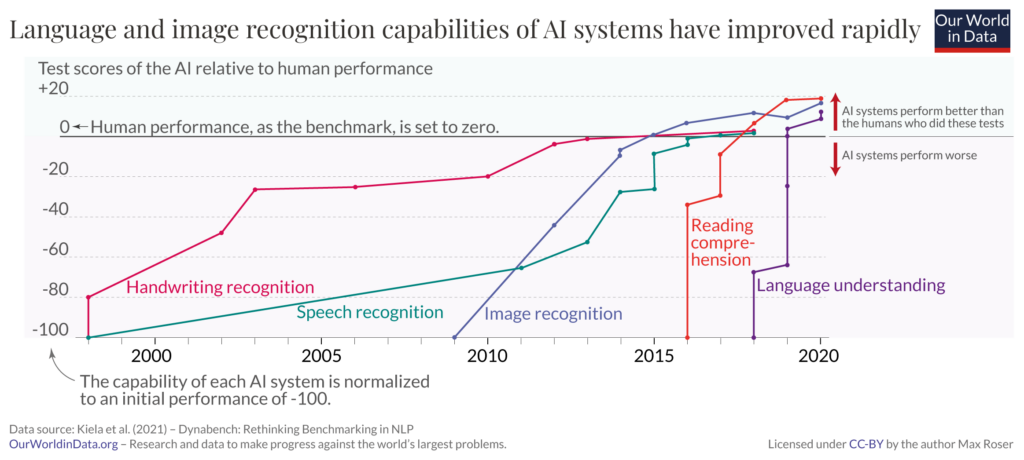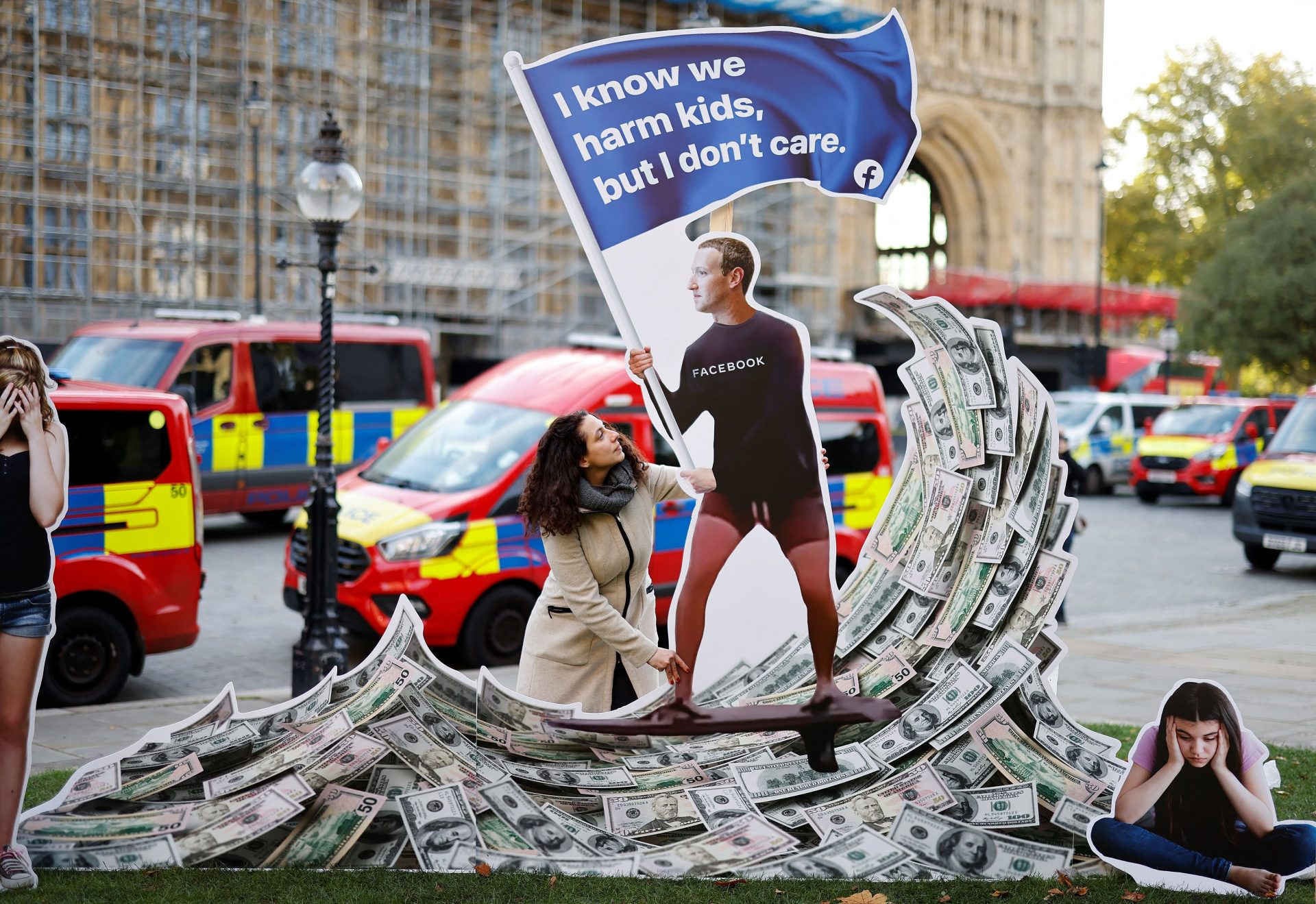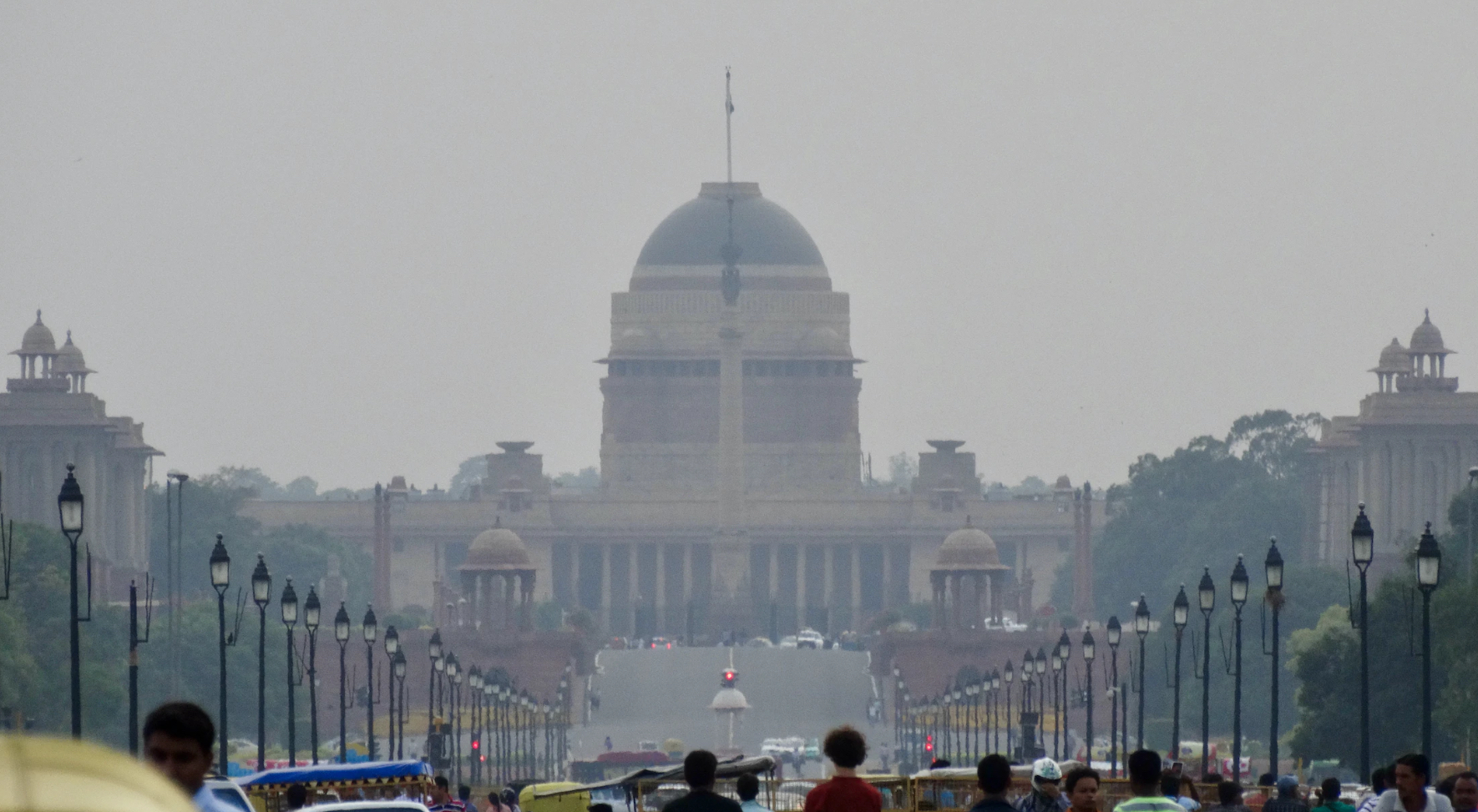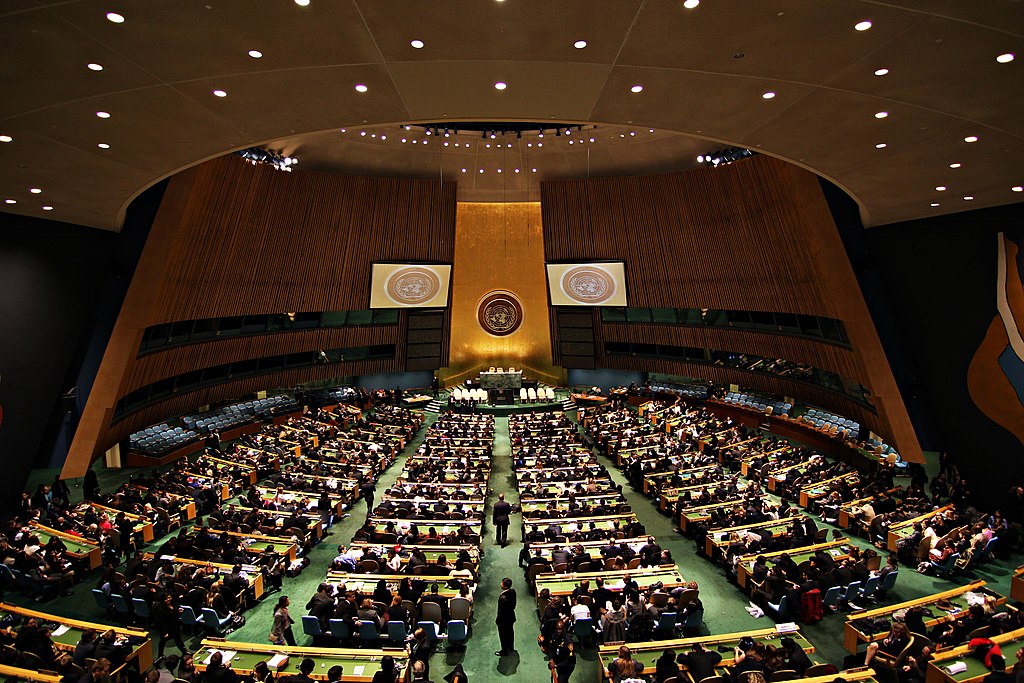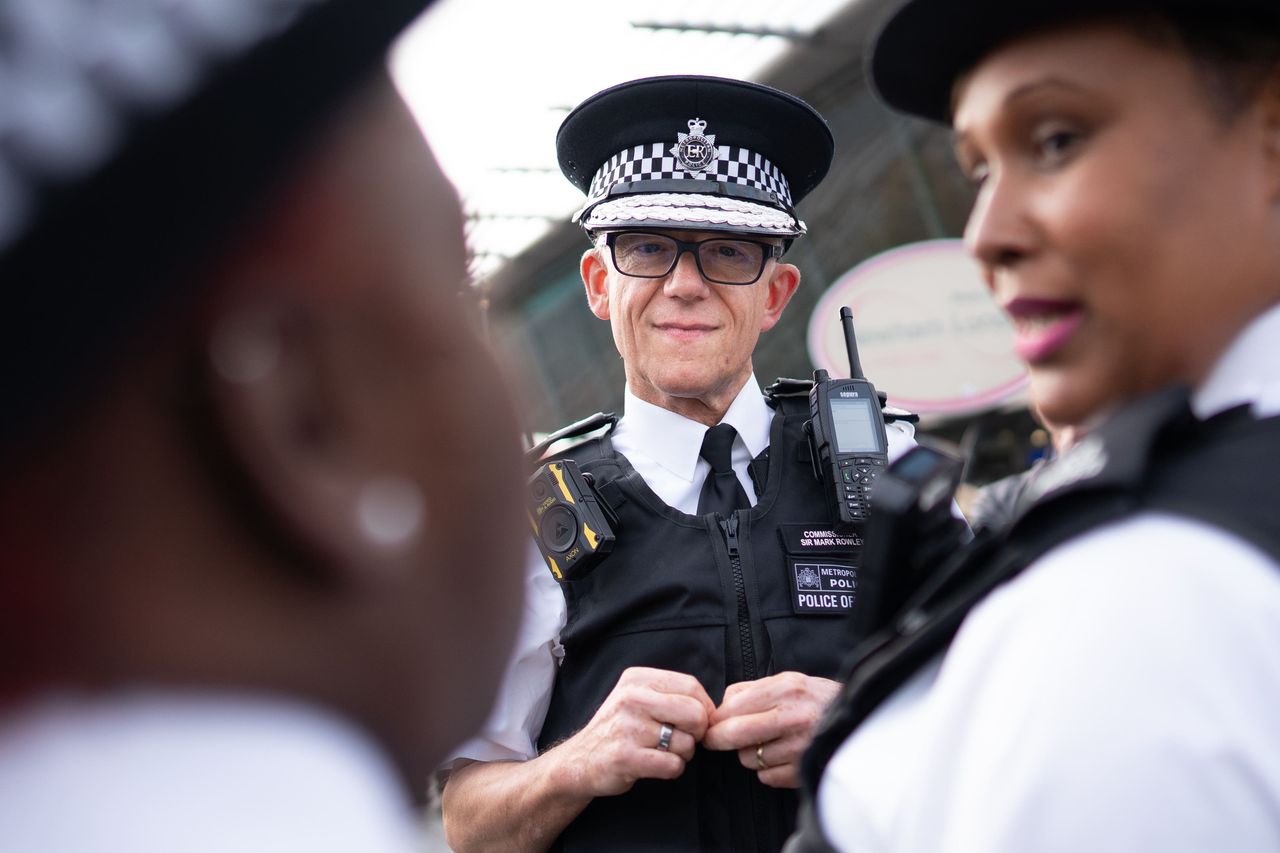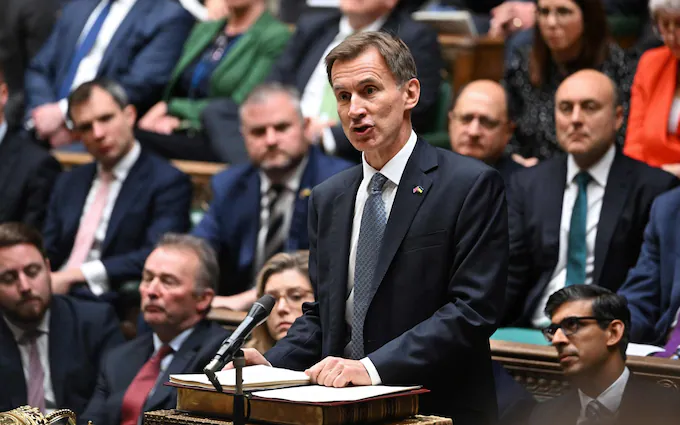The Common Sense Network sat down with Moses Seitler, Founder of Screen Share, a UK based charity focused on repurposing laptops for refugees and asylum seekers, to discuss the role digital inclusion plays in switching the current narrative and empowering refugees and asylum seekers.
Can you tell us a bit about your motivations for setting up Screen Share?
I set up Screen Share for two very different reasons. The first was because I needed a solution to the problem that my clients were facing. I was supporting dozens of young refugees for Refugee Education UK as they sought to access higher education, and they were all trying to do it off a shared phone or broken laptop. The sector had no clear solution to this problem and yet their support was conditional upon our clients having access to the right device.
The second reason was because I was drawn to this cause because of my family history. Just before my great grandfather arrived in the UK having fled pogroms in Poland, the UK passed the 1905 Aliens Act. This was the first piece of legislation specifically designed to prevent refugees from coming to the UK. That policy was obviously unsuccessful and harmful, as is the new legislation today. More than 100 years on, politicians refuse to accept that policy needs to respond to the movement of people, not the other way around. Anyone who knows anything about migration appreciates that policy is not a real pull-factor.
When it comes to advocating for more humane policies, Screen Share keeps it simple. We are not policy specialists, but we do think that every person seeking sanctuary in the UK has the right to access the support services and arms of state which, in today’s day and age, are fundamentally digital.
How do you hope tech can help refugees and help empower them in society?
British refugee policy since the 20th century can be described simply as ‘fine, if it works for us’. The government does not yet realise that an answer to their policy headache is to include refugees in the policy conversation. For that to happen, they need to be digitally included.
The path of empowerment is as follows: give refugees the right digital tools and they will use those tools to wrestle back control of their lives. This may be applying for and thriving in education or employment to build their futures. It’s also very present – digitally excluded people cannot work effectively with lawyers to further their case, and they cannot apply for Universal Credit or coordinate with their local council. It’s not rocket science – put your laptop in a cupboard for a week and let me know how much progress you have made.

Can you tell us how Screen Share and the wider charity sector is responding to the recent Illegal Migration Bill?
The bill is a reflection of the government’s reckless approach to policymaking. The government’s bet is a simple accumulator: being incredibly harsh on refugees will be electorally beneficial AND will dissuade other refugees from seeking sanctuary in the UK. The fact that the government refuses to issue a policy impact assessment is all the proof we need that this policy is irrelevant to what we really need, which is a fair, evidence-based settlement for an immigration policy which respects the unique moral claims to protect refugees in that context.
The sector is being represented by the big names who are doing all they can – Refugee Council, Refugee Action and an amalgamation of organisations called Together With Refugees. They’re organised, and we are doing a good job of foregrounding people with lived experience who are bravely advocating for people who are in similar positions to them. The issue is that the government isn’t listening or willing to negotiate. They weren’t listening last year when we spent hours contributing to the consultation on the Nationality and Borders Bill. They haven’t been listening for years.
What is your vision for Screen Share?
We are trying to build a sustainable, go-to tech organisation for refugees. We want sanctuary seekers who see digital as a route out of their current situation to be able to come to us, receive support and then ultimately have an opportunity to run the organisation themselves. Refugees are more likely to face digital exclusion than any other minority group and do so with greater consequences when they do, but that doesn’t mean they can’t be tomorrow’s leaders.
In terms of the journey of that growth, we need a few things. We need financial support, so our staff keep pushing and do what they do best. We need volunteers, to process these laptops and keep finding others. And we need to scale, by setting up hubs across the country in which normal people can give up their time to refurbish and deliver devices to those who need them.
You can read more about Screen Share here: Screen-Share.co.uk
The charity was also featured on the BBC’s We Are England, Education: From Conflict to Classroom here: https://www.bbc.co.uk/iplayer/episode/m001c9tn/we-are-england-education-from-conflict-to-classroom
Zohaib Sadiq is a wirter and dedicated individual; an alumni from The University of Manchester (where he read Politics, Philosophy and Economics, and was an Official International Ambassador in Paris and London), he currently writes thoughtful pieces on social, political and economic issues for The Common Sense Network. Zohaib is motivated by the power of speaking the truth to create impactful narratives and the sternly held conviction that the pen is mightier than the sword.


